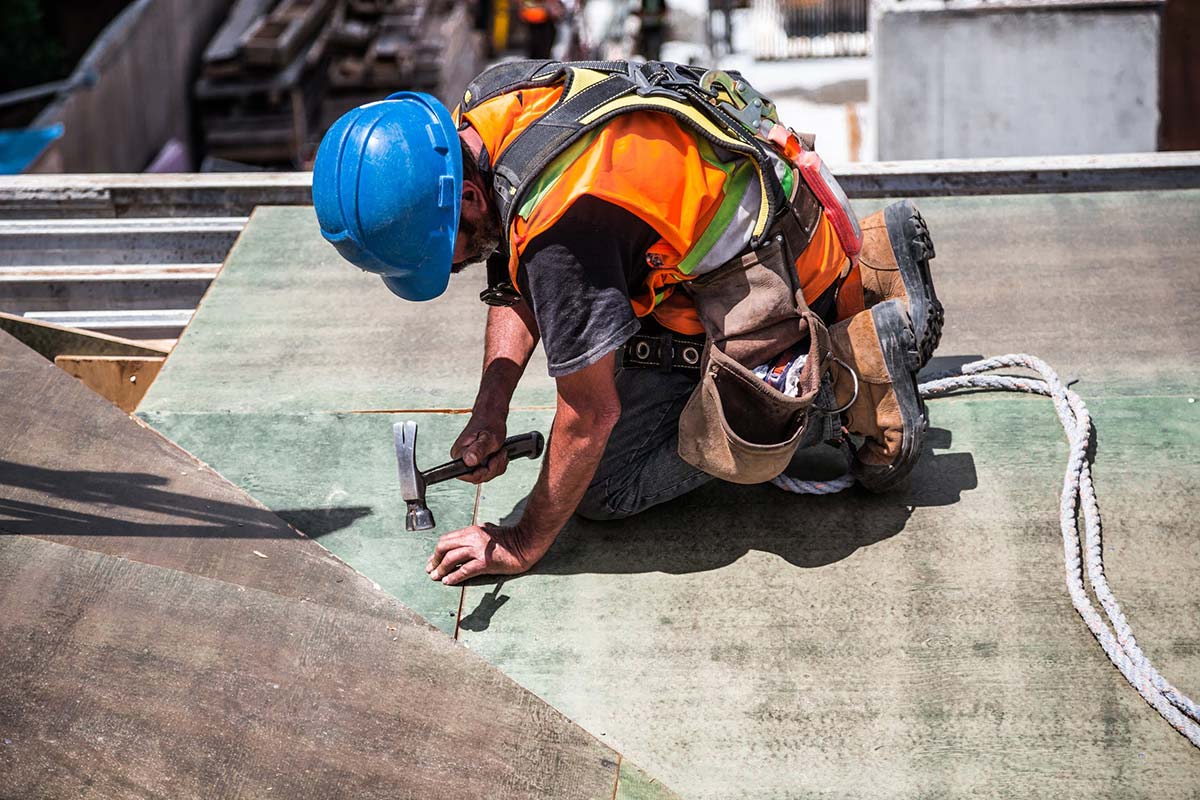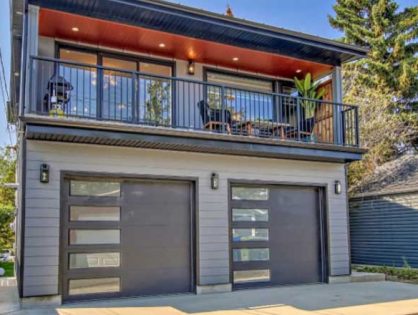Financing a new home that you plan to build is different than financing a traditional home purchase in several ways.
First, there is no property to be appraised. The house hasn’t been built yet, and the land itself is worth only a fraction of what the house will eventually be worth. But there might be appraisals at several points along the way.
Second, there is a delay period between when you need financing to begin and when you can move in. Lenders often give you up to 12 months to complete construction. Obviously, the sooner the home is completed, the happier you will be. But houses don’t go up overnight.
During that period, you are still paying rent somewhere, or making payments on another mortgage where you are currently living. So in addition to a mortgage on the actual construction costs and of course the land, you also need some form of bridge financing.
Third, the mortgage is not necessarily needed in one lump sum. If you are buying a brand new home from a builder, you likely will be making the purchase in one lump sum, just as with any other home purchase. When you build, you will have numerous subcontractors to pay in various stages.
As mortgage brokers, we can arrange the most favourable interest rate and terms for you. Just complete the simple online application at www.alberta-mortgages.com.
Before you apply for a mortgage, here are a few things you need to consider first:
1. Do you have a complete price for everything you want to do? This is a more complicated question than it looks. You need to make sure that you have budgeted for all the permits, all the inspections, all the subcontractors and all the materials. What about legal fees and interest? And what happens if you change your mind about some aspect or decide you want to upgrade?
2. Do you have a detailed schedule? How long will the house take to complete? What happens if there are delays -have you ever seen anything complex that does not have delays? What if a subcontractor gets sick and is away for a few days, and the person who needs to come in after the sick subcontractor, cannot delay your project two days because of another project he is scheduled to complete? What if the person who gets sick is you?
3. What equity do you bring to the project – what is your own down payment? Lenders are keenly interested in this just as much when you build as they are when you buy.
4. When will the various subcontractors need to be paid? Rarely will a lender release funds up front. Usually funds are made available at a few points called “draws” (usually three or four) during the process of the construction. This is called a “progress draw” mortgage. Sometimes the funds are advanced only upon completion, but a lot of contractors and subcontractors might not be thrilled about that. Make sure when budgeting, that you budget for an appraisal at each “draw”.
5. Is your documentation all in order?
- A copy of the deed that shows you actually own the land you want to build on.
- Contracts with the contractor or all the subcontractors
- A blueprint of the building along with indication of materials
- Materials pricing
- Paperwork and permits for all utilities and municipal services, including the building permit.
- Whatever documents that are needed to show your current worth and income.
- Documentation of how you will pay for work completed prior to the first funds advanced by the lender, typically a third of the way through the building process.
- Insurance, in case one of the contractors (or you) makes a costly error.
Getting a mortgage for new construction is a lot more complicated than getting one for a home purchase. Then again, building a house is a lot more complex than buying one. What is most important is that you have all the details organized and documented. If you do, both construction and financing should go smoothly.




